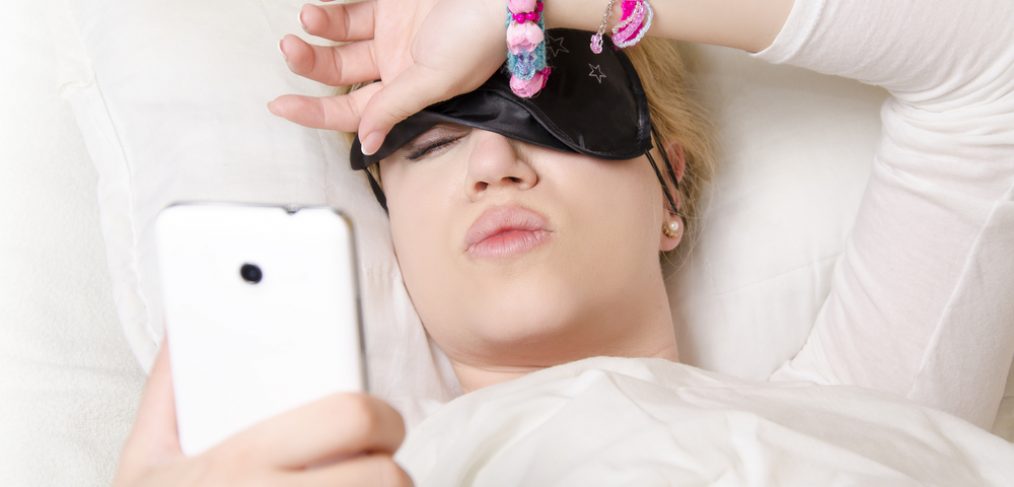If one is really interested in the daily challenges of “night owls,” perhaps they should ask Gene Simmons. After all, it is he who is responsible for writing the iconic lyrics to Kiss’ 1970’s hit single, “Rock n Roll All Night,” the song responsible for turning the conservative world on its head. If it weren’t rebellious enough to wear six-inch platforms and model lewd facial expressions, Kiss added insult to injury by daring to challenge to concept of a 9-5 time schedule. As if by just staying up late, you too would gain rock star status and cause your parents to lose as much sleep as you. But, as with everything else that’s fun to do, staying up late does come with downsides.
It Starts with Chronotypes
Chronotype is the term researchers use to describe differences in when we prefer to be active. As a whole, we tend toward “morningness” in our early years, move toward “eveningness” in adolescence and then shift back toward “morningness” in later years. A study published in Pediatrics, polled 7th to 12th graders about alertness, sleepiness, planning and task completion. The study found that having the evening chronotype and greater daytime tiredness had a large impact on the child’s behavioral and emotional well being. It also found that the eveningness chronotype was more often associated with risk- taking behaviors, such as drug and alcohol use, and was also associated with health risks, like diabetes and mood disorders.
Can We Change This?
Even though we may have variations in the way our bodily clocks are set, the settings are not inalterable. Studies show that the body’s clock can be affected by its reaction to light and that light therapy and limiting and scheduling exposure to light can be very effective.
How?
Morning Sun
First thing in the morning is the best time to grab you some bright sunlight. Natural light early in the day can reset your circadian rhythm and get you in sync with the movements of the sun.
No Blue Light After Dinner
It may seem to be beyond possible to eliminate all artificial light from your nightly habitat, but studies show that even very brief exposure to blue light in the evening can lead to up to 30 minutes of sleep delay. Exposure to artificial light delays the body’s natural release of melatonin and also limits the supply to the body throughout the night, making us more susceptible to interrupted sleep. What can you do to prevent this without eliminating all activity after 6 pm? Sunglasses with orange lenses effectively filter our blue light, and look really cool as well. Could that be Bono’s secret?
No Electronic Devices After Dinner
A 2014 National Sleep Poll showed that electronic devices account for 50% of sleep disorders. Can’t resist the urge to check for that late night booty call? Use glasses designed to filter blue light or consider downloading apps which are designed to shield against blue light from iPads, computers, and smart phones.
Natural and Bright Light During the Day
If you don’t have the good fortune of working in a brightly lit space, try taking a walk during your lunch break to make sure your body maintains a healthy rhythm and gets some Vitamin D exposure. You can also purchase a blue light device for your office or place of employment.
Although Gene Simmons doesn’t seem to have lost any sleep over the issue, (pun intended) you may want to work on regulating your bodily clock. Let us know if you have made any attempts to do so and what works for you (or doesn’t.) We love to hear from all you insomniacs and otherwise.




